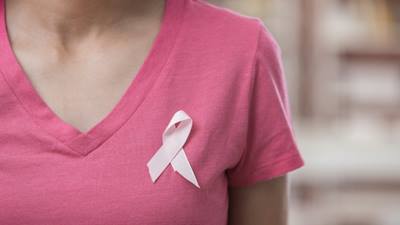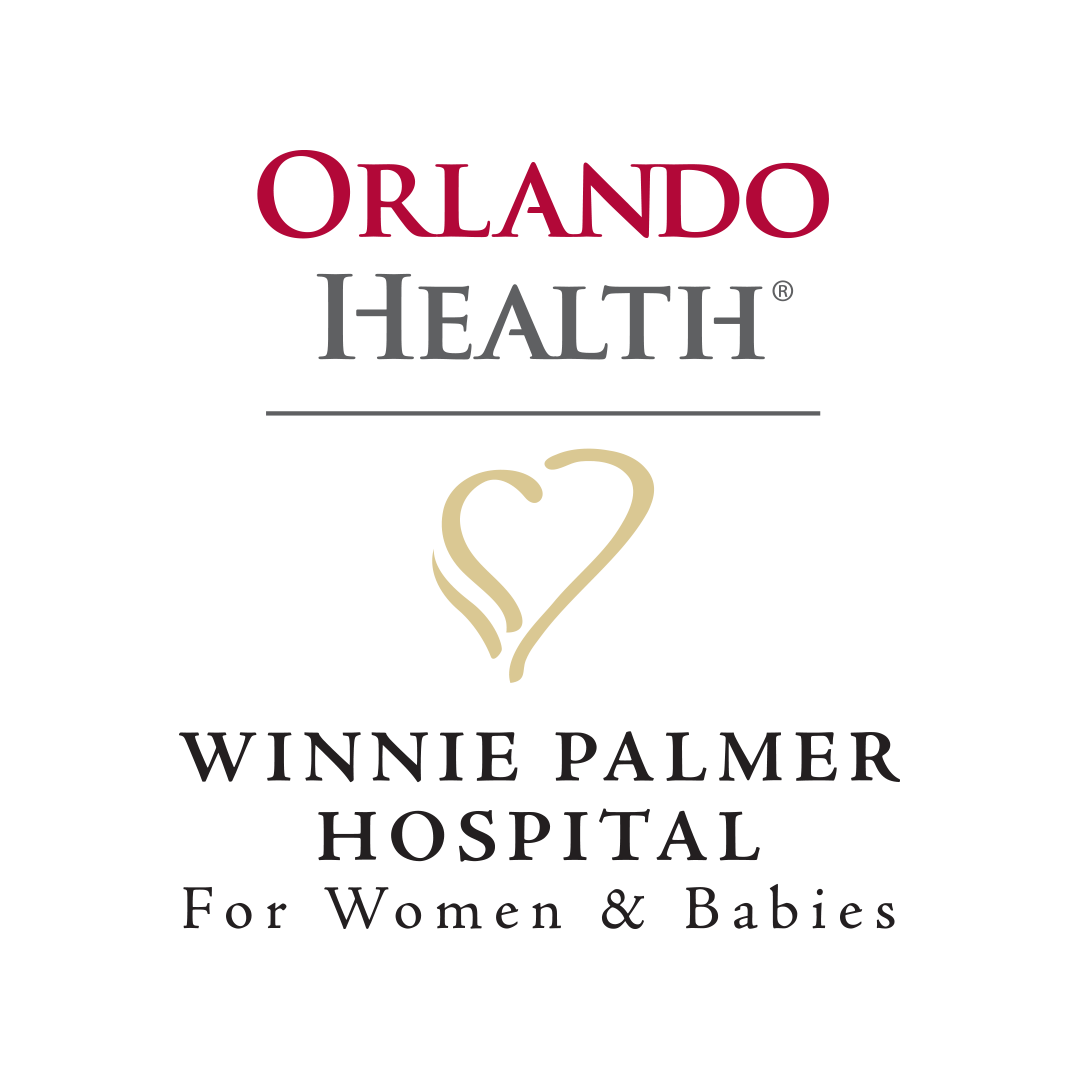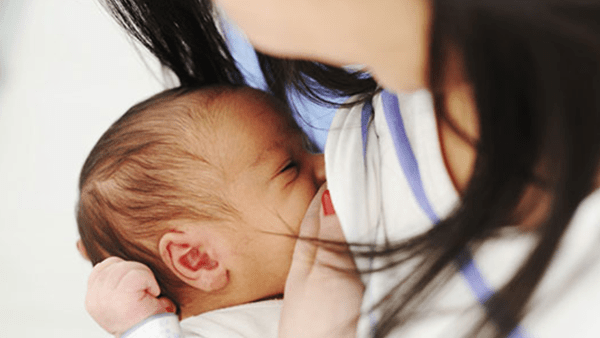Breastfeeding After Breast Cancer
One of the many decisions pregnant women have to be make is whether they will breastfeed their newborn. Breastfeeding provides many physical and emotional benefits to both baby and mom, but for moms who have a current diagnosis of breast cancer, or who have received breast cancer treatment, the decision is even more complicated.
Breastfeeding During Cancer Treatment
In many cases, doctors will advise against trying to breastfeed while undergoing breast cancer treatment. While cancer cannot be passed from the mom to the baby through breastmilk, certain types of chemicals from chemotherapy and hormone therapy can be passed on to the baby through the breast milk. All treatments may not have the same effect, so it is important to talk with your oncologist about your treatment plan and with the pediatrician about the effect these medicines could have on your breast milk, and ultimately, on your baby.
An additional consideration is the physical and emotional toll that undergoing therapy may involve. You and your doctor may prefer to conserve your energy and time for reclaiming your health, versus for milk production.
Breastfeeding After Cancer Treatment
More commonly, women wonder if they can still breastfeed after cancer treatment is complete. The answer may vary. If you had surgery on only one breast, the unaffected breast should be fine. Treatment on the affected side may have damaged the tissue, making it uncomfortable for you to breastfeed or difficult for the baby to latch on. Breast surgery and radiation can affect the amount of milk that the breast is able to produce. 
If you are interested in breastfeeding after cancer treatment, it is important to work with your child’s pediatrician to make sure your baby is getting the nutrition they need. A certified lactation consultant also can provide encouragement, guidance and resources. Keeping the baby in your room after delivery, maintaining skin-to-skin contact and feeding on demand can help accelerate and maximize milk production and family bonding.
Detecting Breast Cancer During Pregnancy and Lactation
Even if you have not had a cancer diagnosis, during pregnancy and lactation you may be more aware of changes in your breasts than ever before. If you feel anything that seems unusual, don’t hesitate to talk with your doctor. While some changes may be related to pregnancy or breastfeeding, it is important to make sure no other underlying variables are involved.
When nursing, for example, your breasts may occasionally feel lumpy. That can be normal with milk production, and should diminish after a feeding. Lumps also can be caused by a blocked milk duct or an infection in the mammary glands, called mastitis. If a lump doesn’t go away in 24 hours, check with your doctor.
Breastfeeding and Cancer Prevention
In addition to the benefits breastfeeding provides for babies, it also can play a role in cancer prevention for moms. Studies show that breastfeeding especially reduces the risk for premenopausal women. Moms who breastfed for a lifetime total of more than two years got the most benefit, but moms who breastfed less than a year also lowered their cancer risk.
If you would like to breastfeed during cancer treatment, the most important steps are to find out how this affects you and your baby. Working closely with your medical team and your baby’s pediatrician will help you determine the best course of action. If you are interested in breastfeeding once treatment is completed, a lactation consultant and your pediatrician can provide the support and information to ensure you both thrive.
Learn More About Breastfeeding Support and Education for New Mothers
Breastfeeding is one of the most beneficial things a mother can do for her baby. But sometimes there are challenges for both baby and mom. That’s why Orlando Health Winnie Palmer Hospital for Women & Babies offers the Breastfeeding Education Center as a resource to support new mothers.
Learn More





